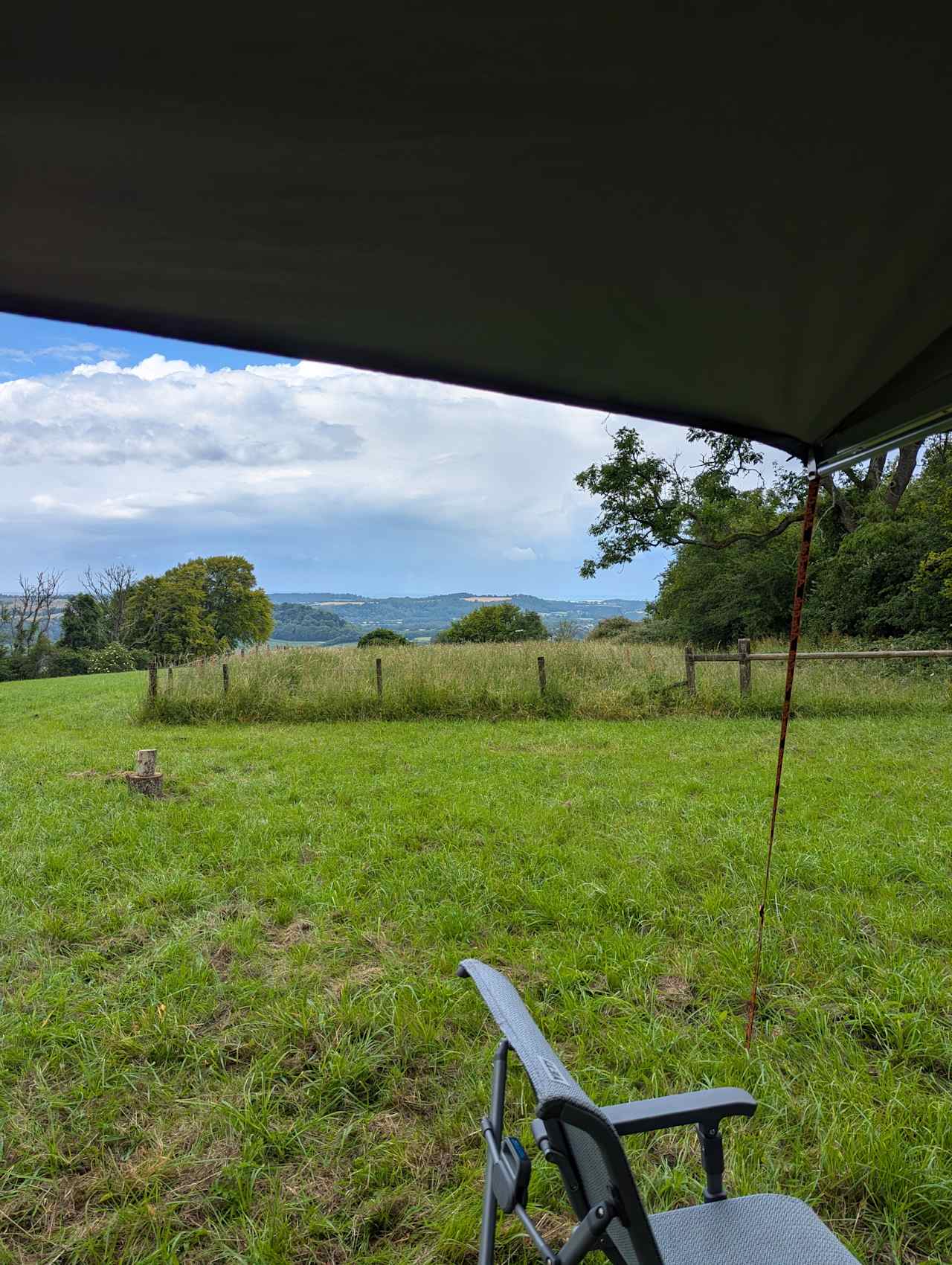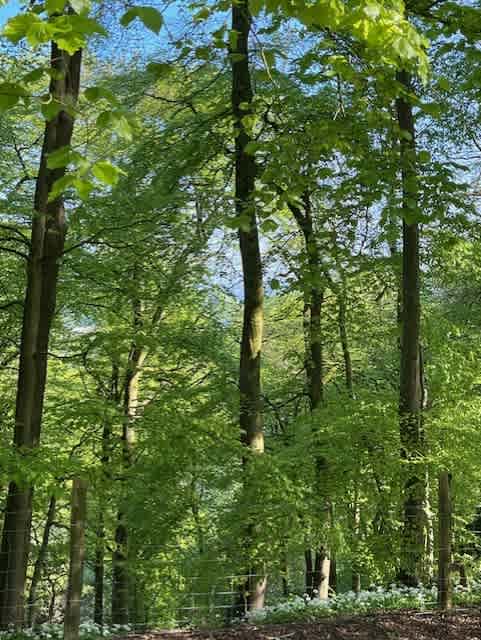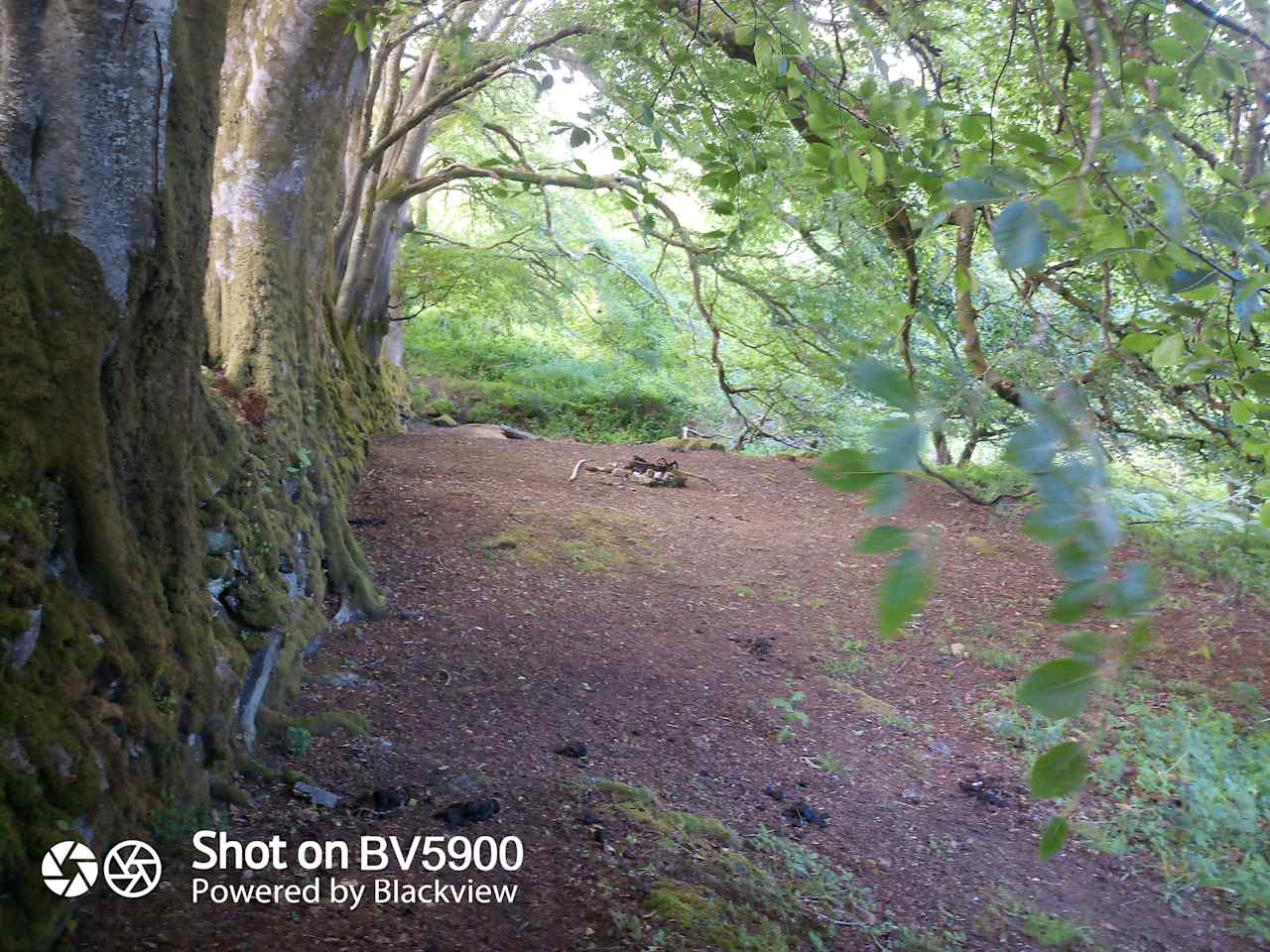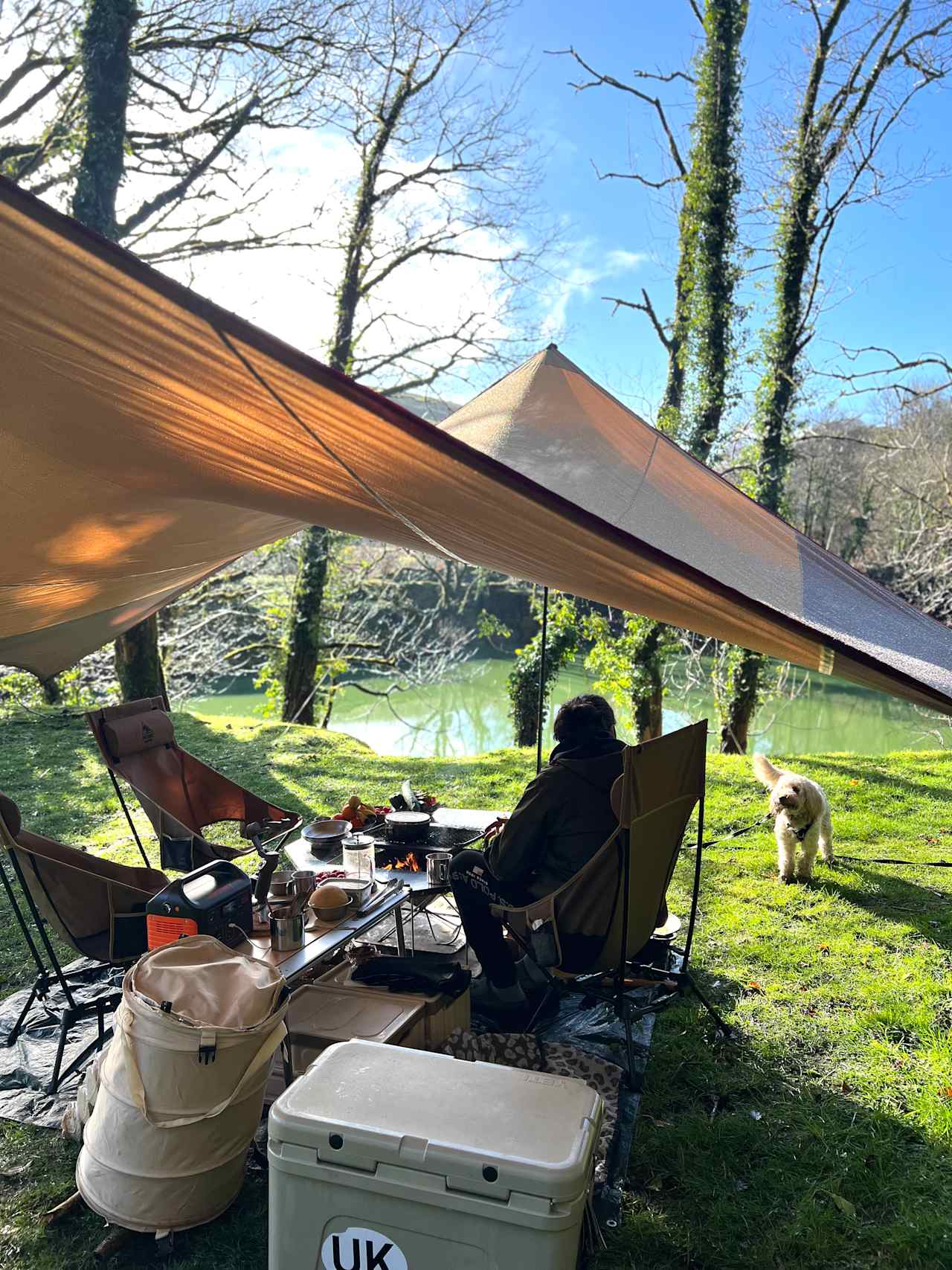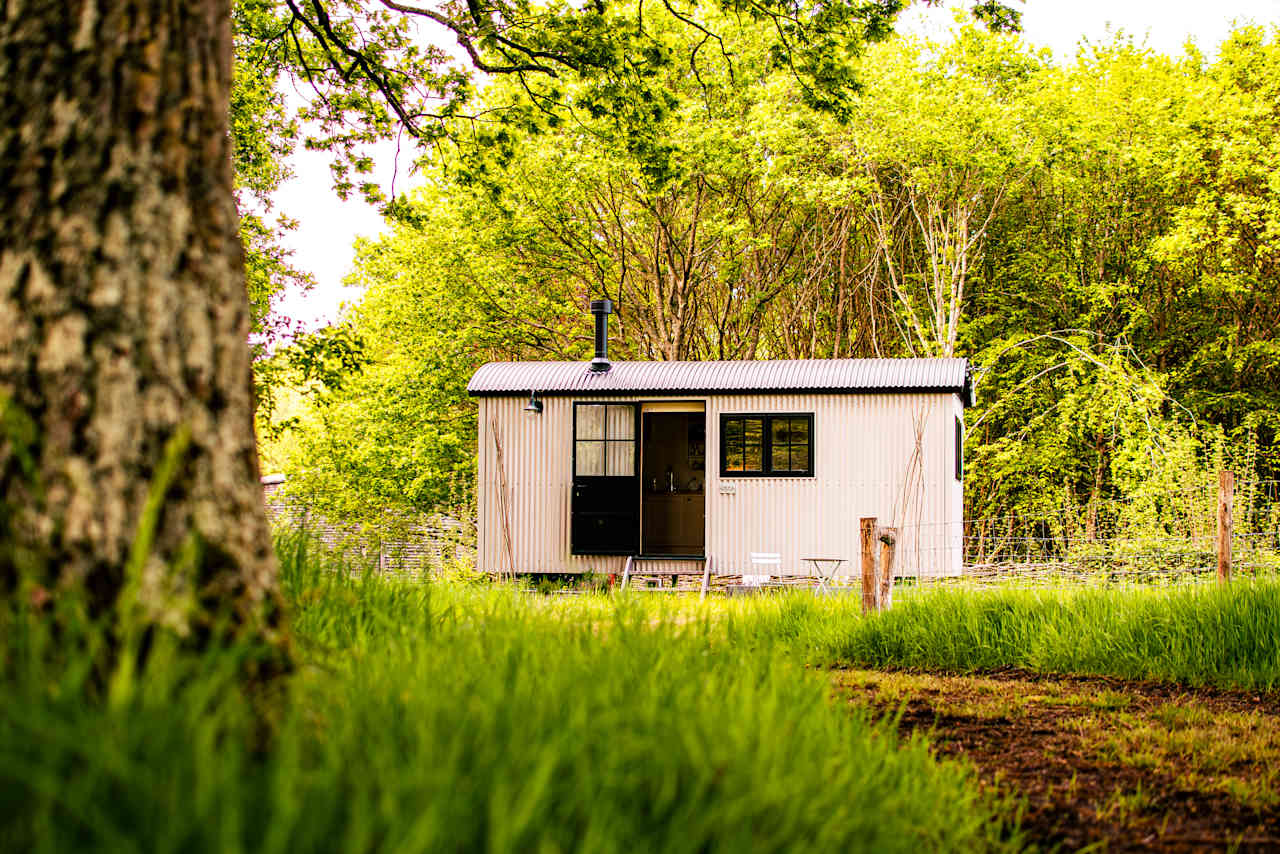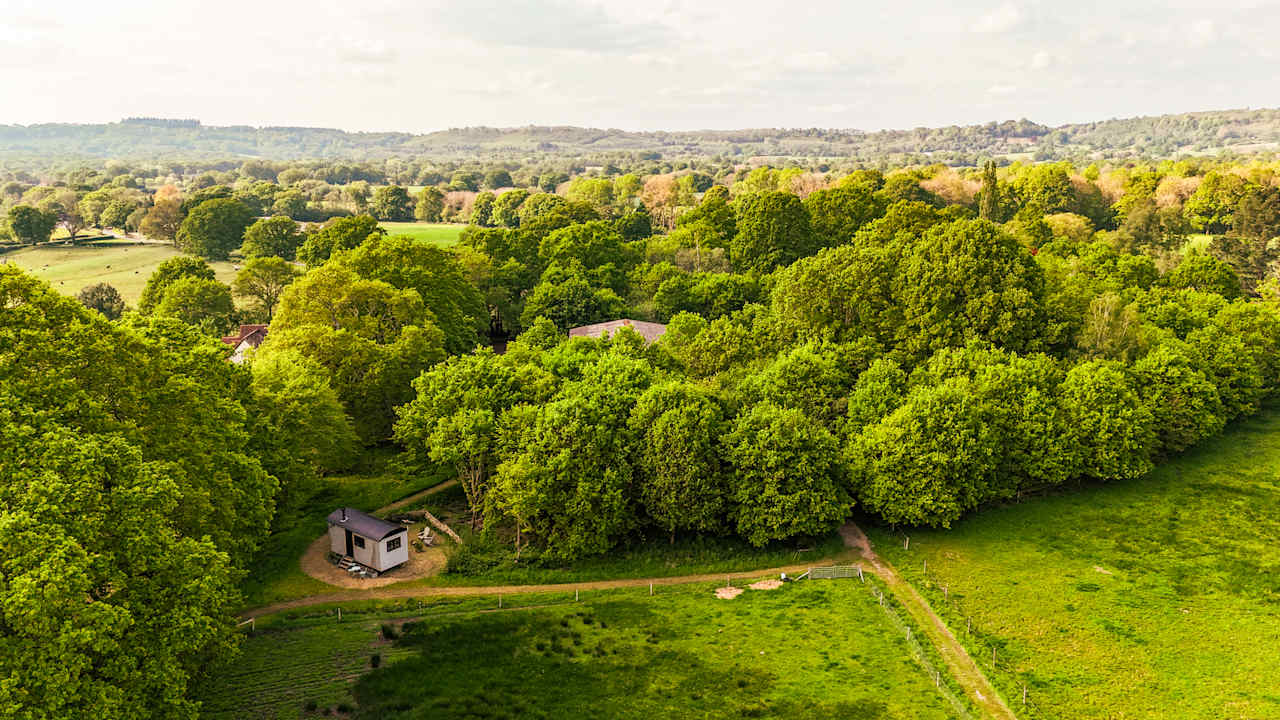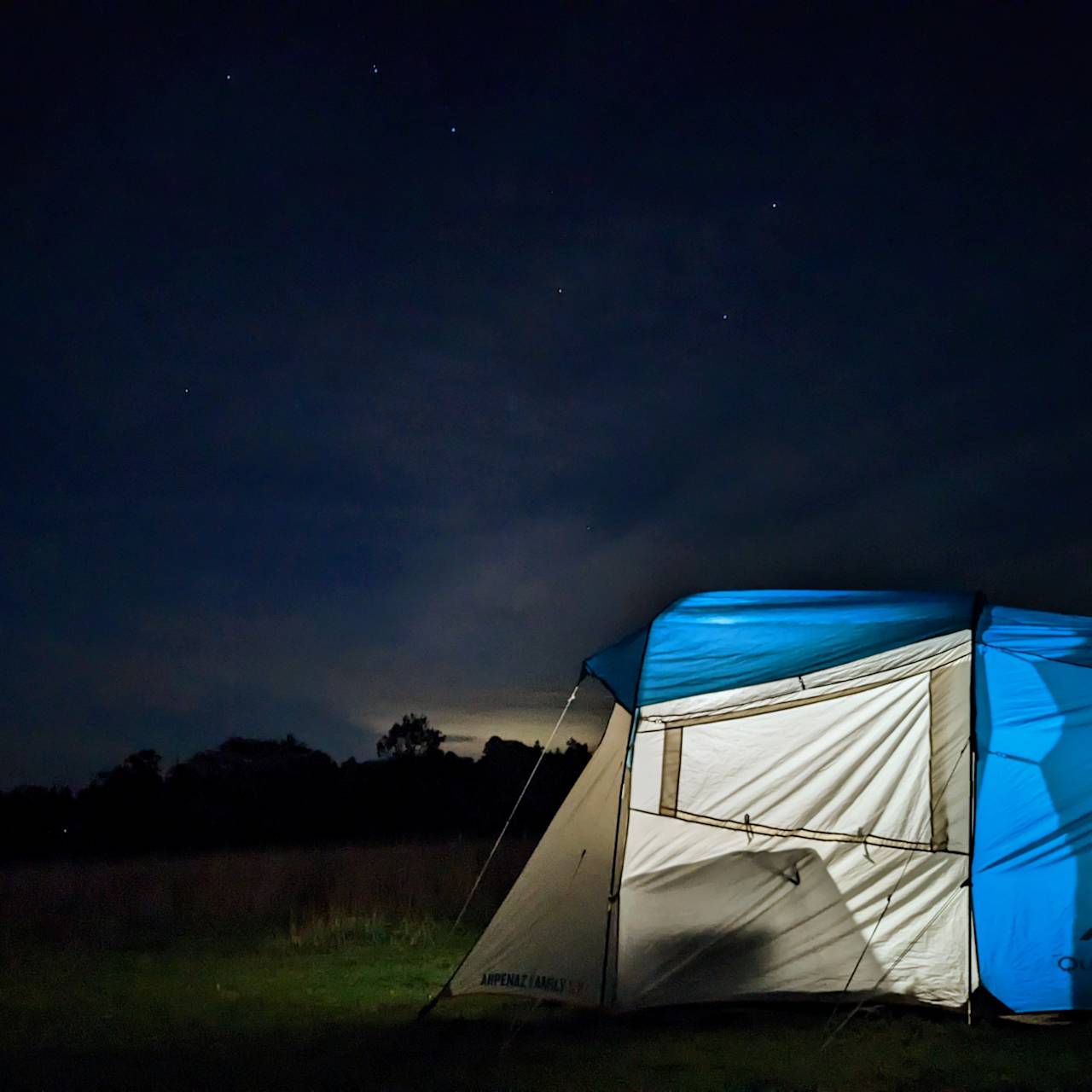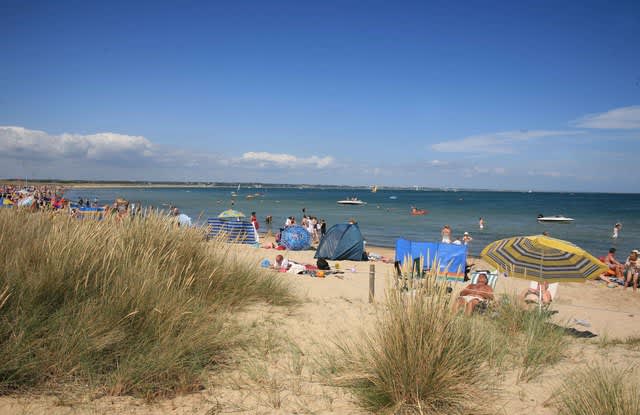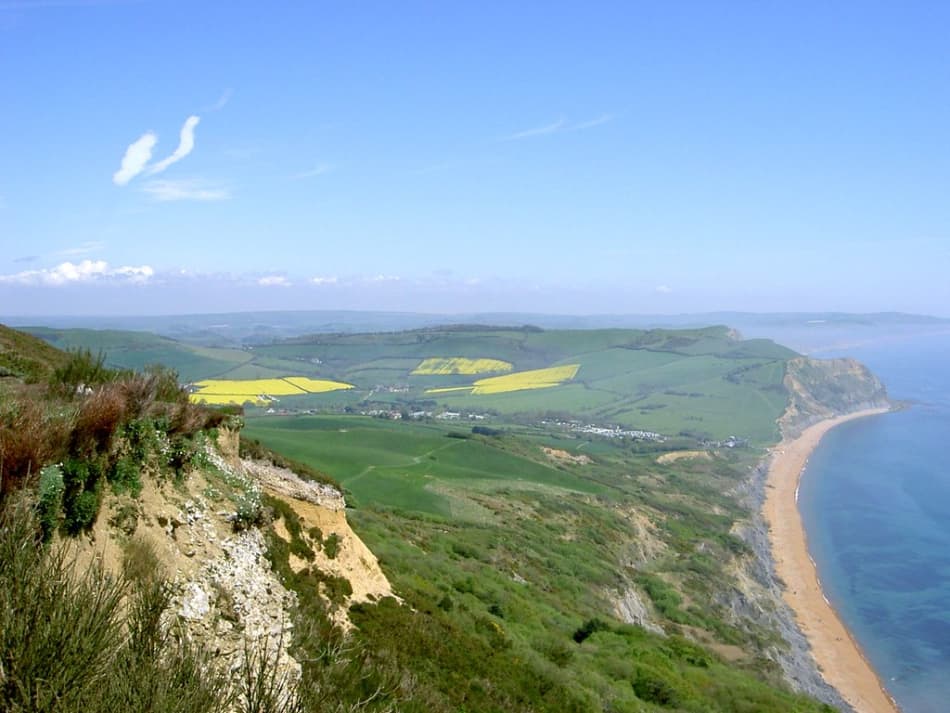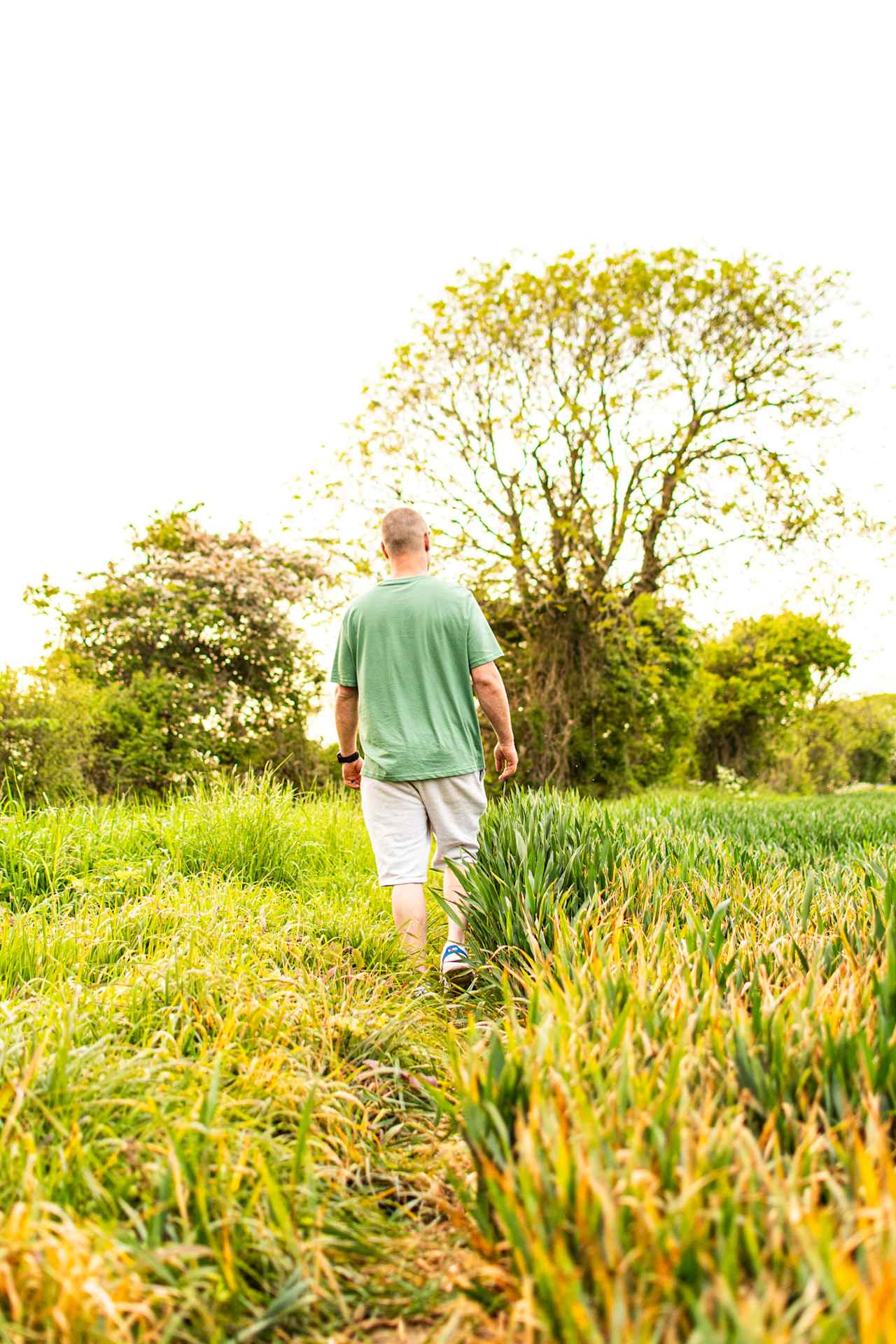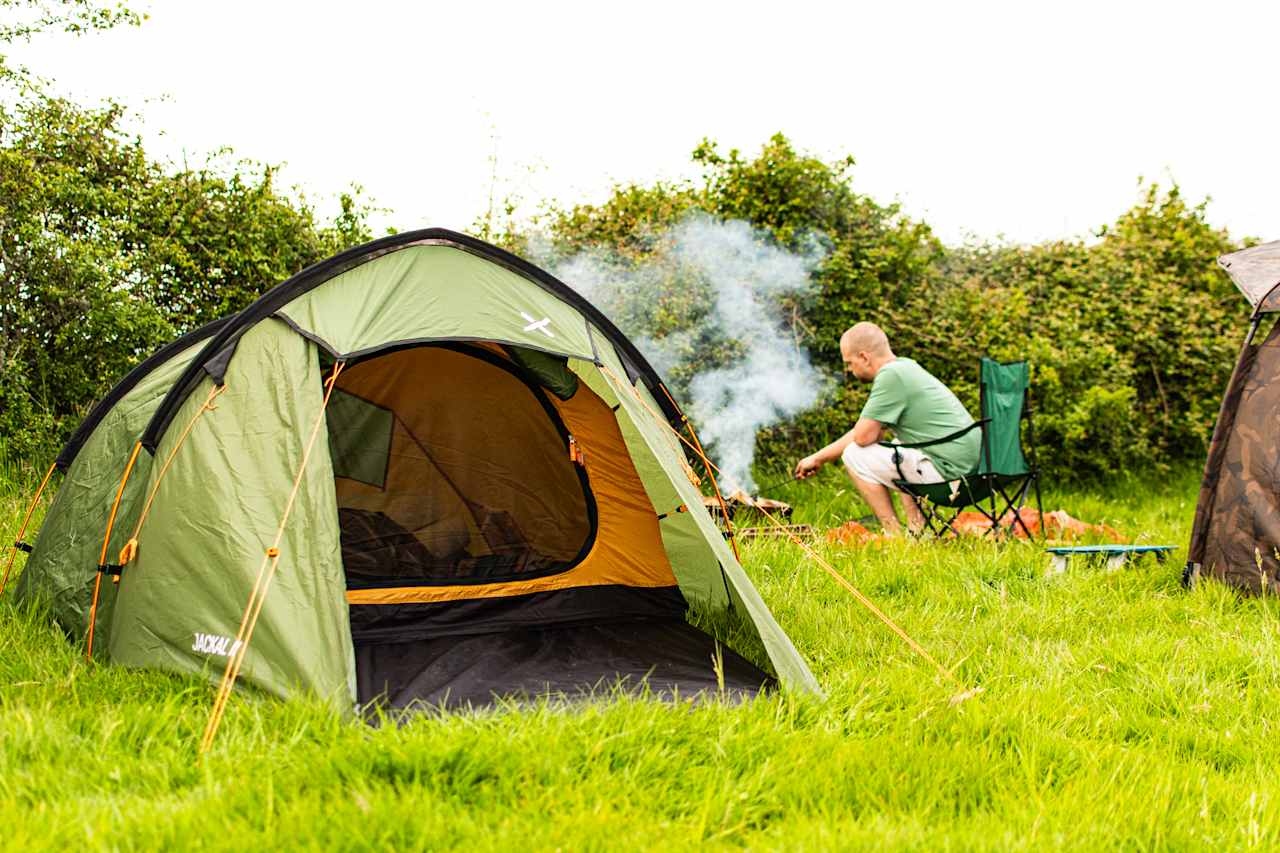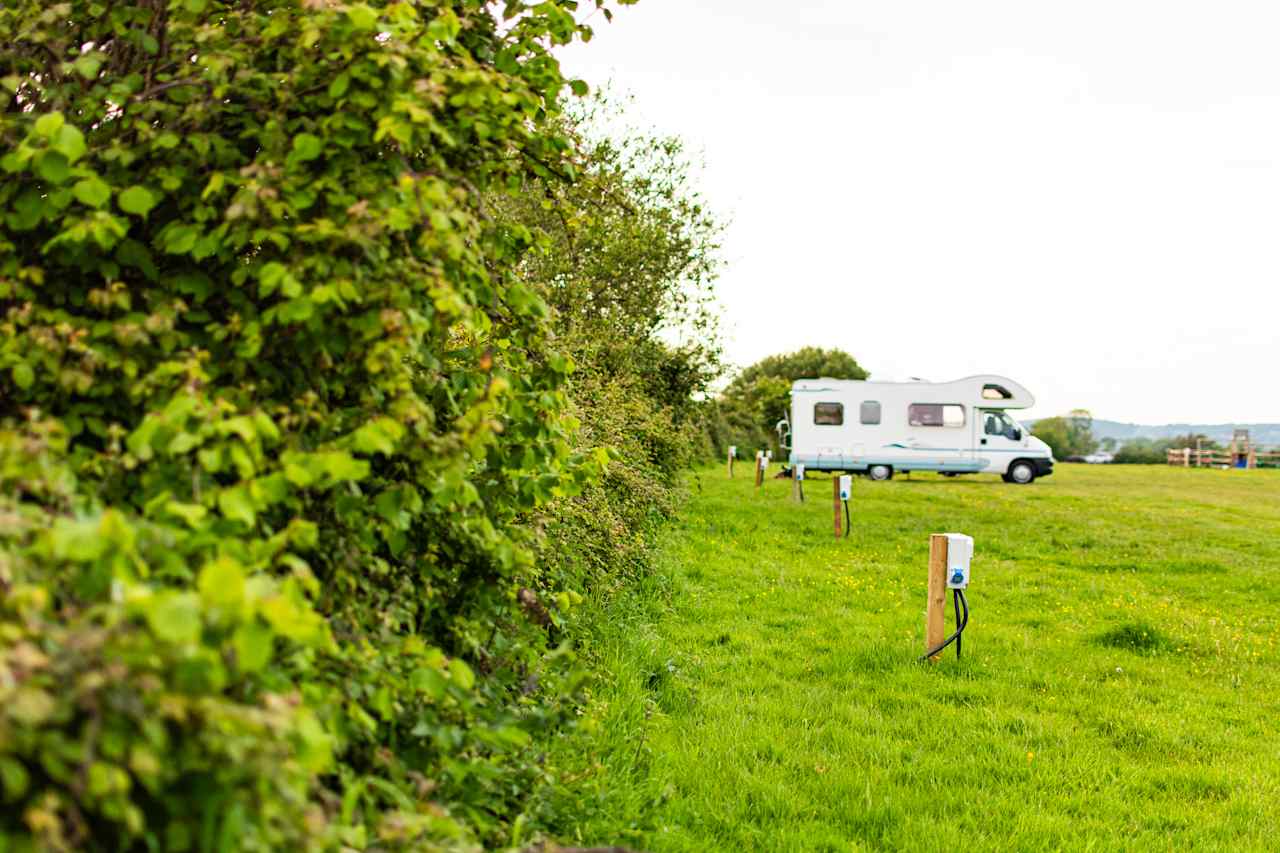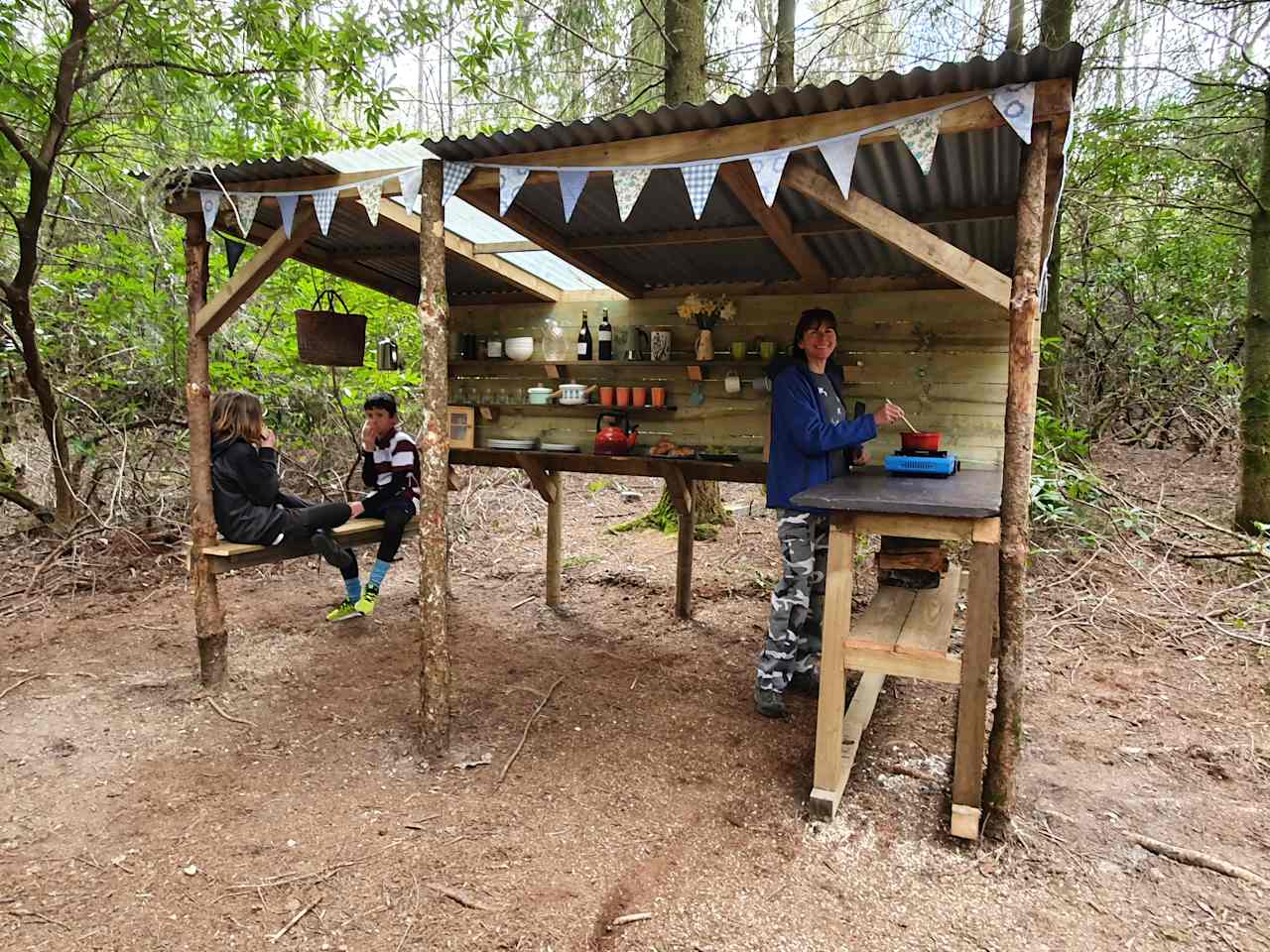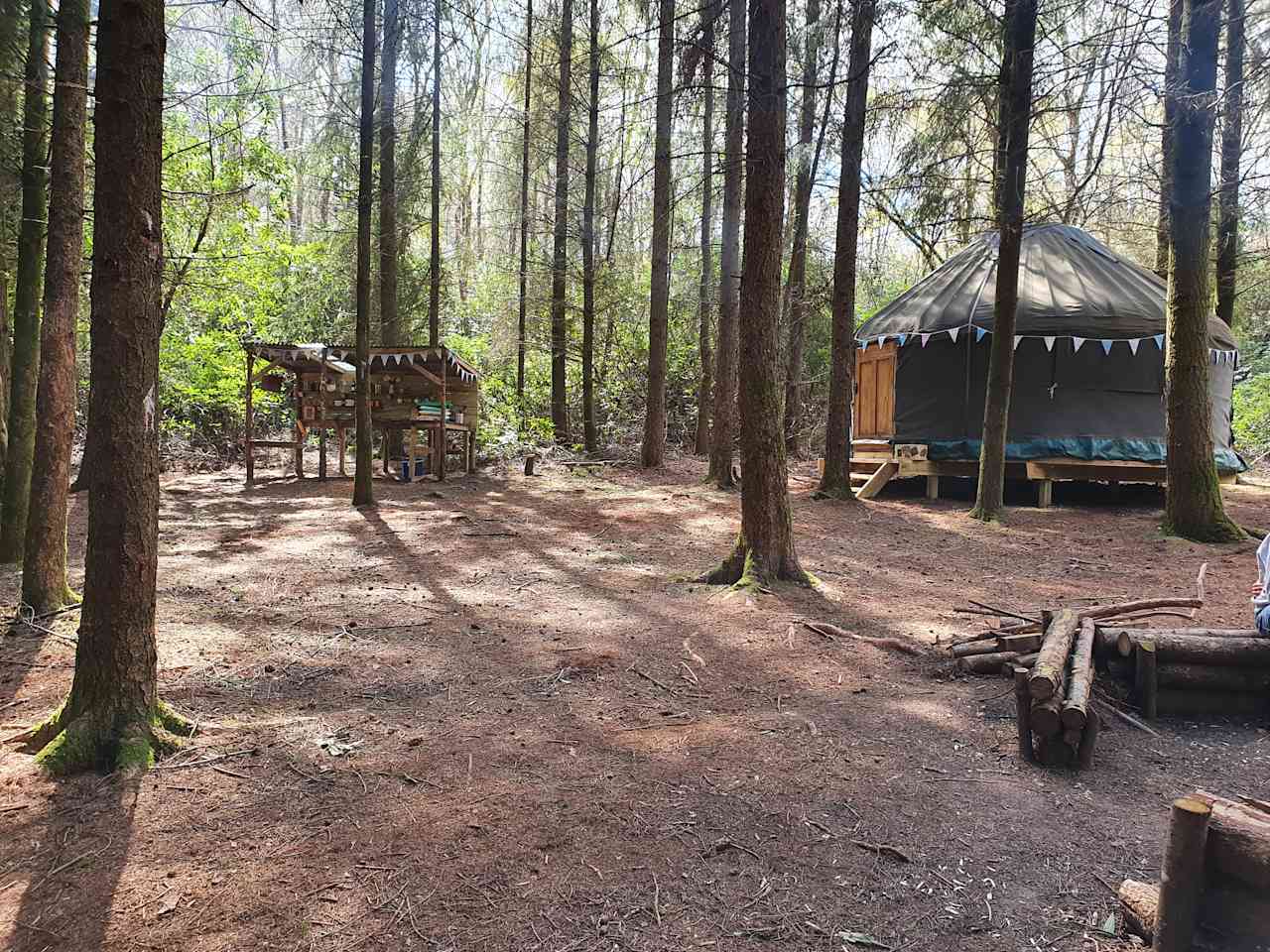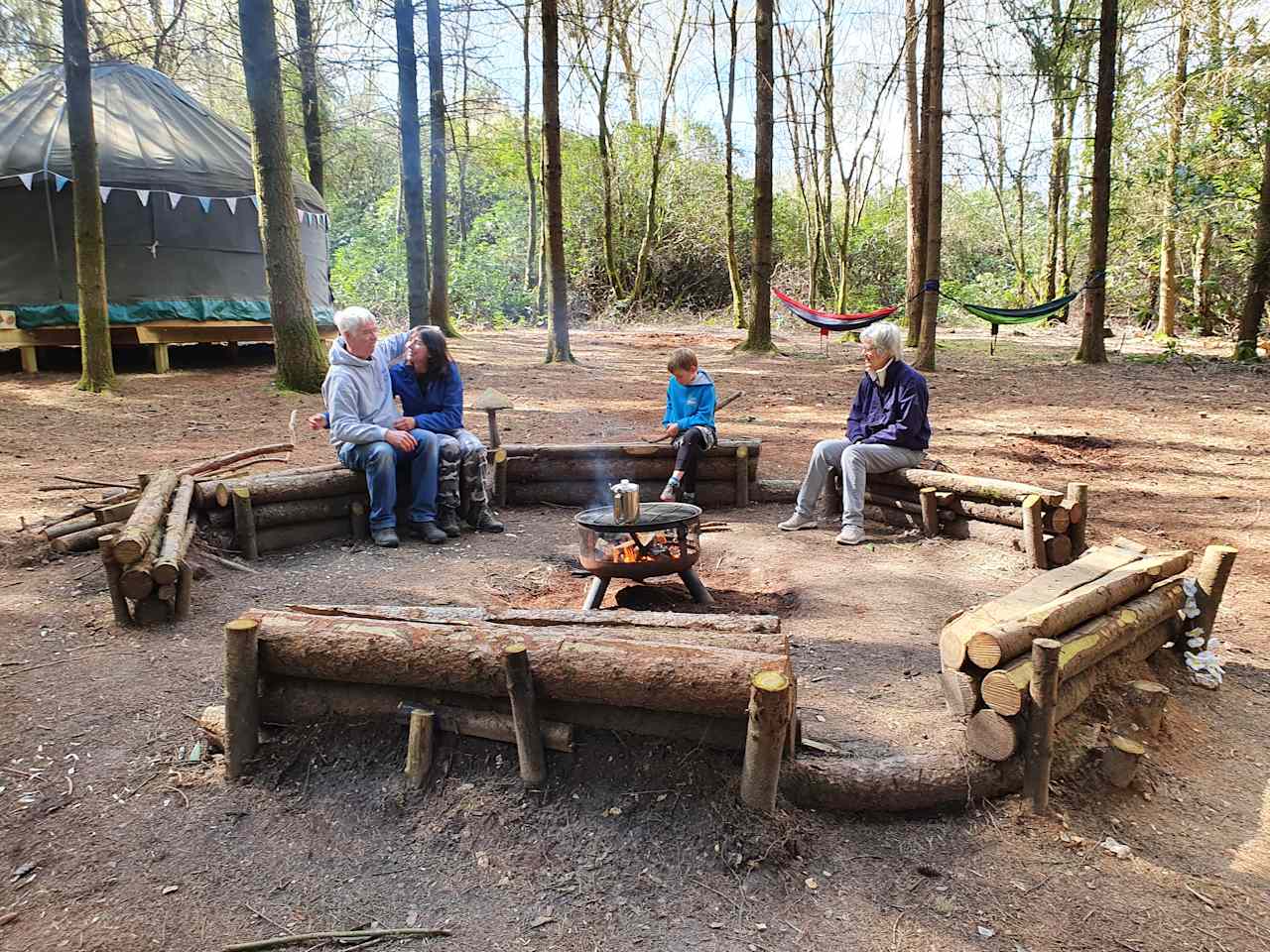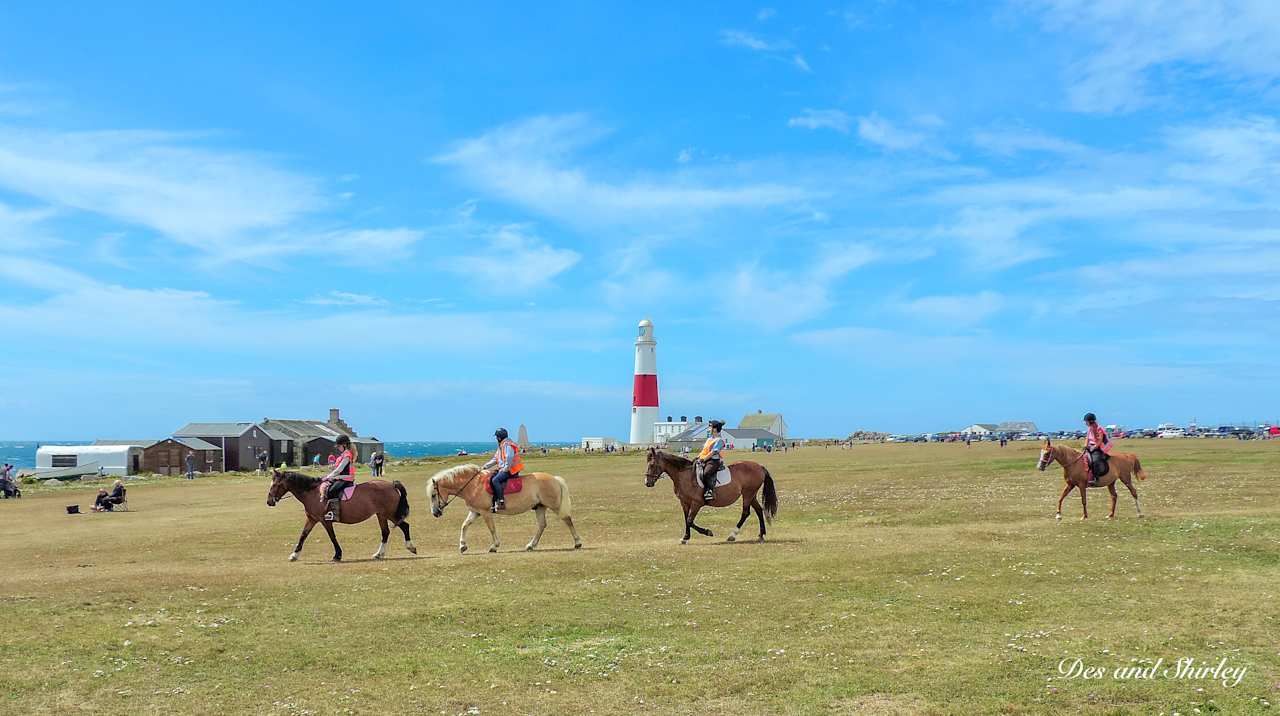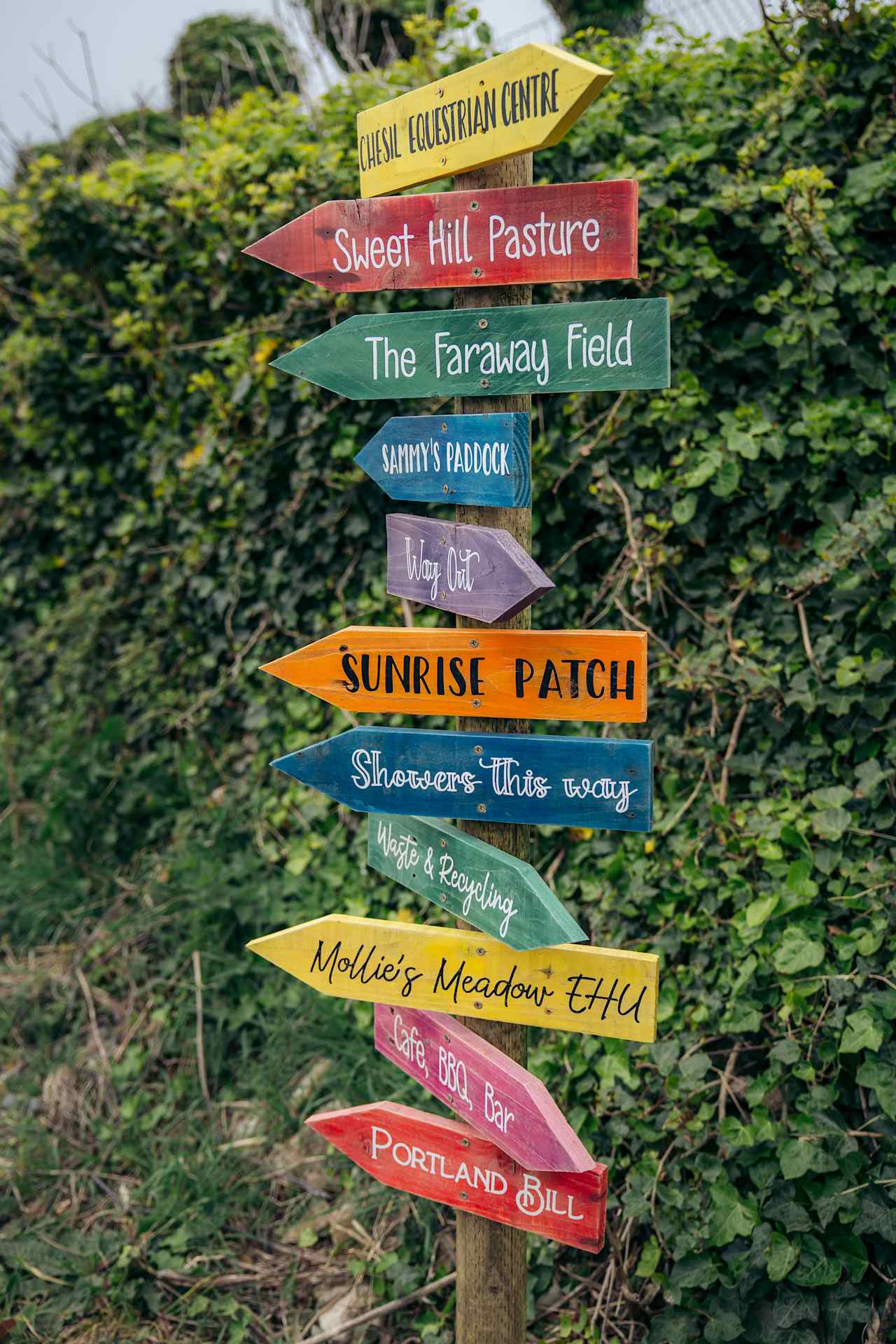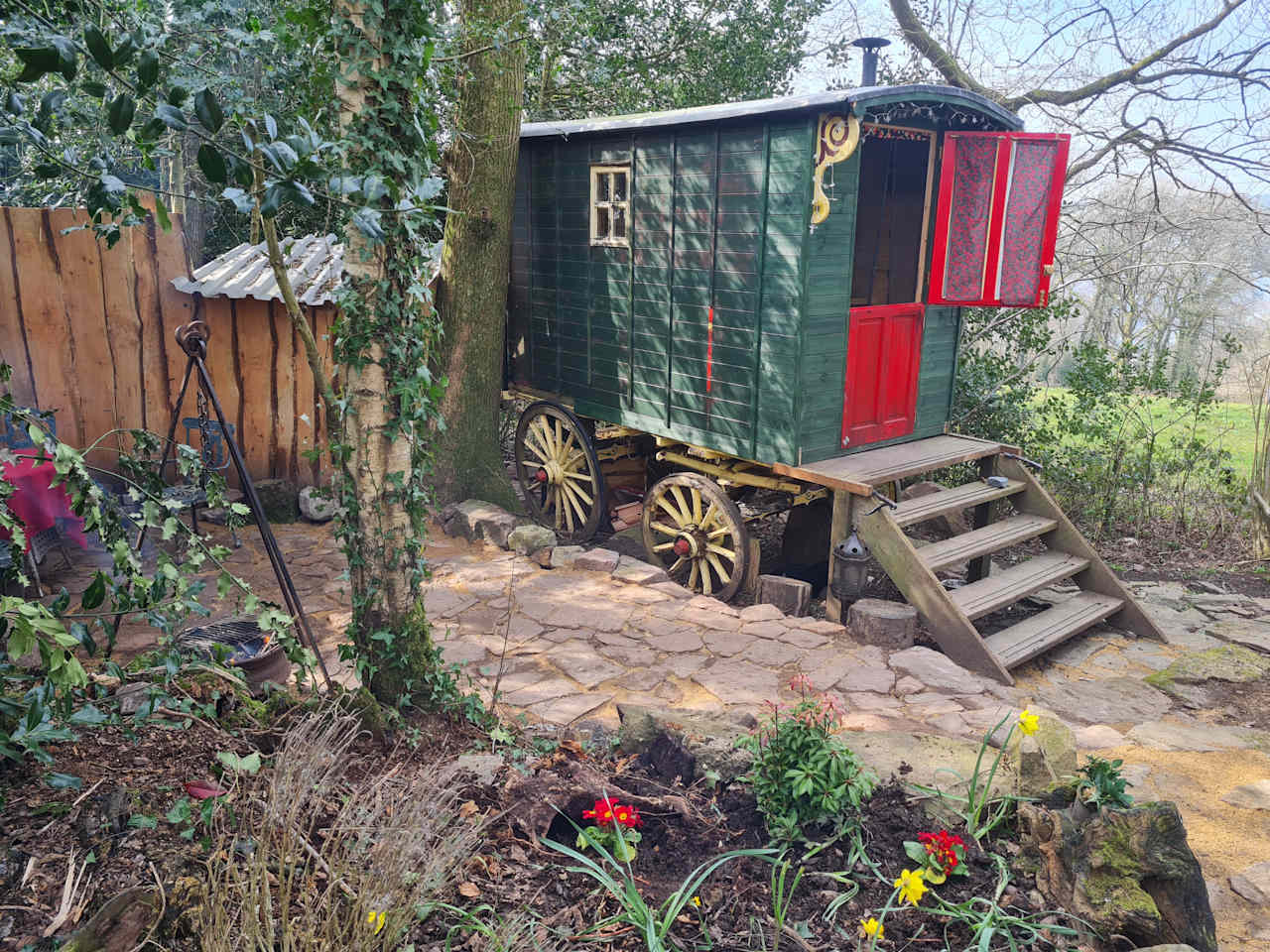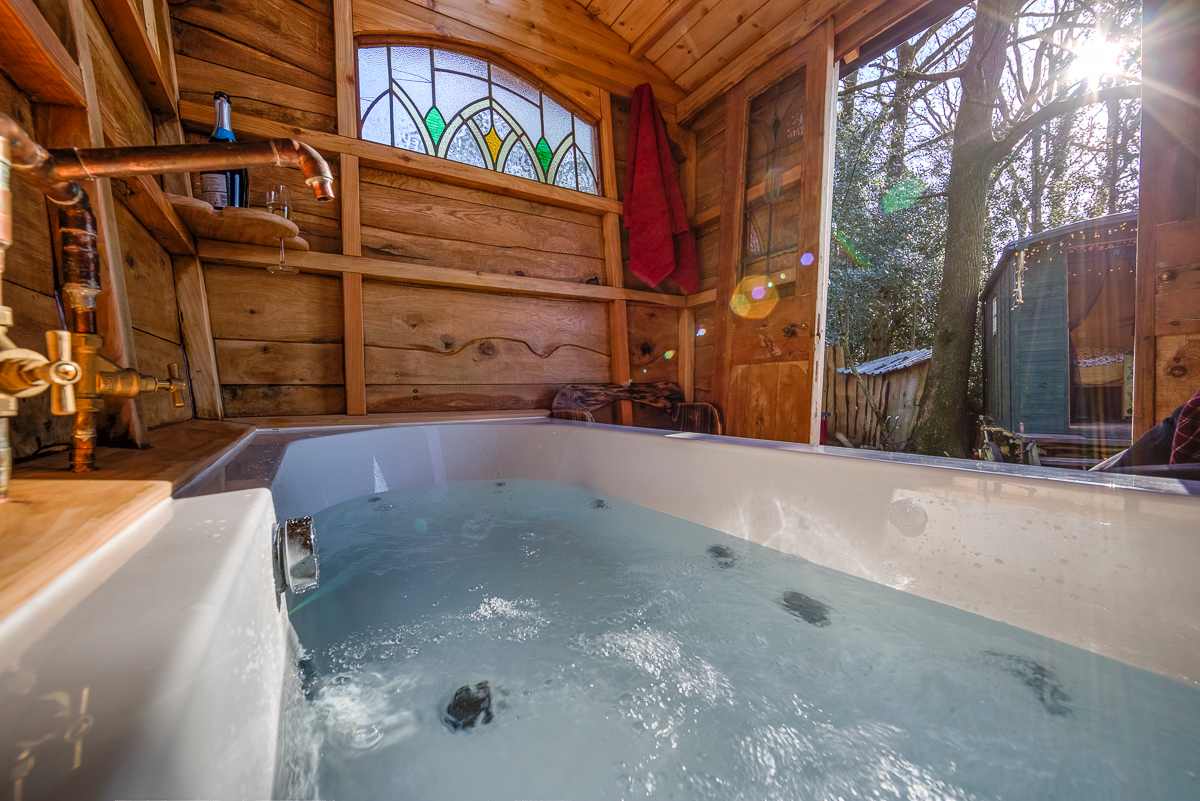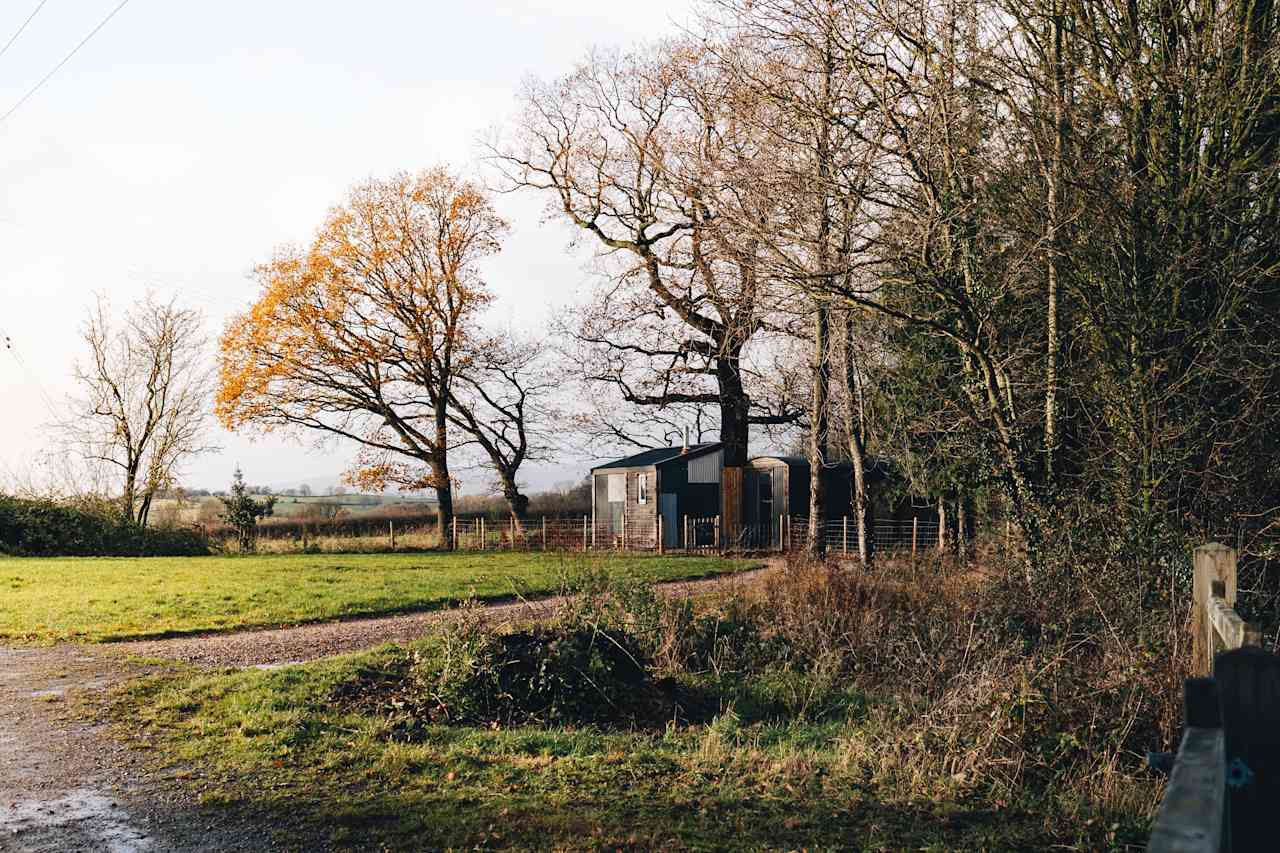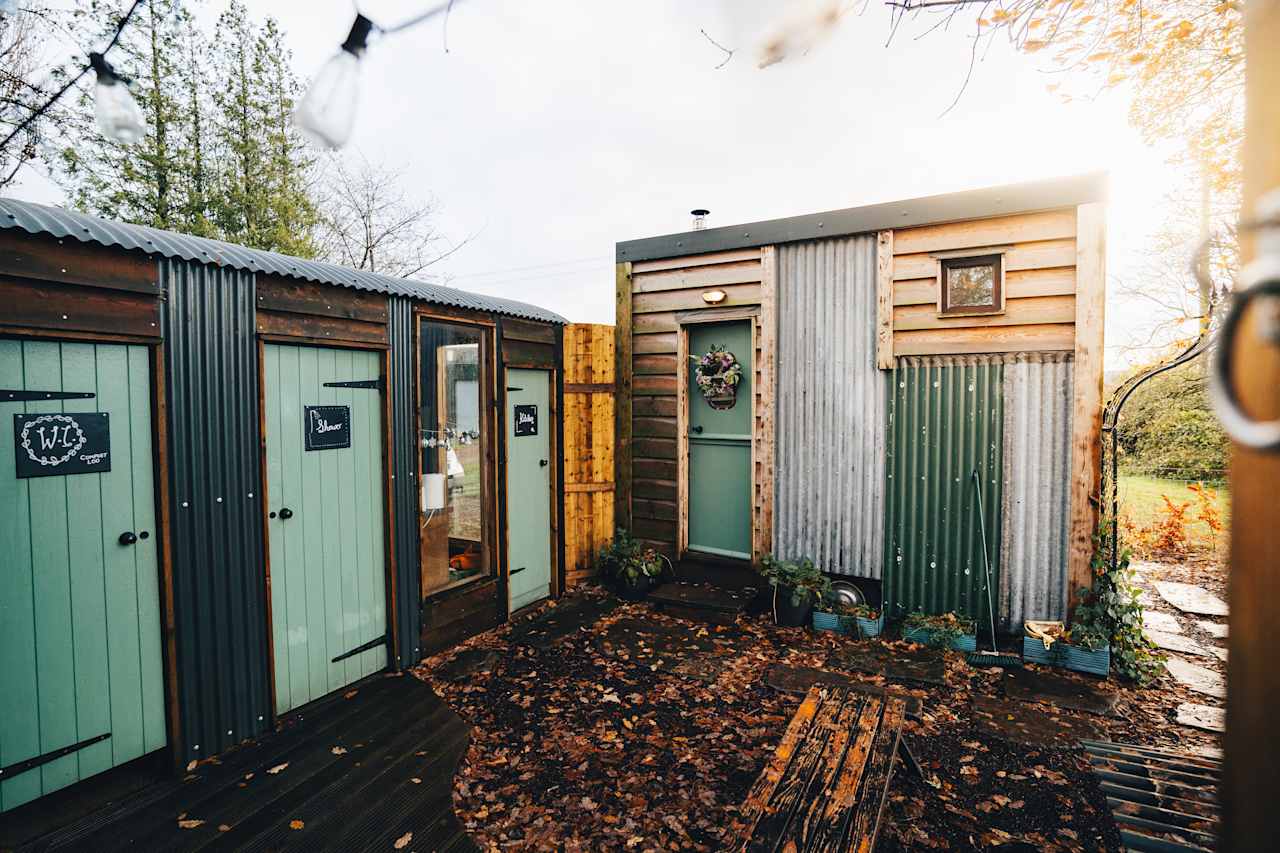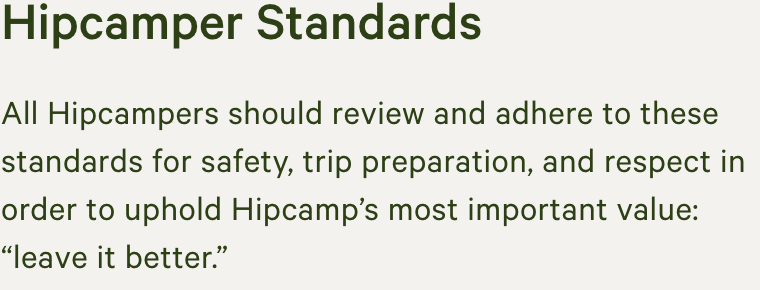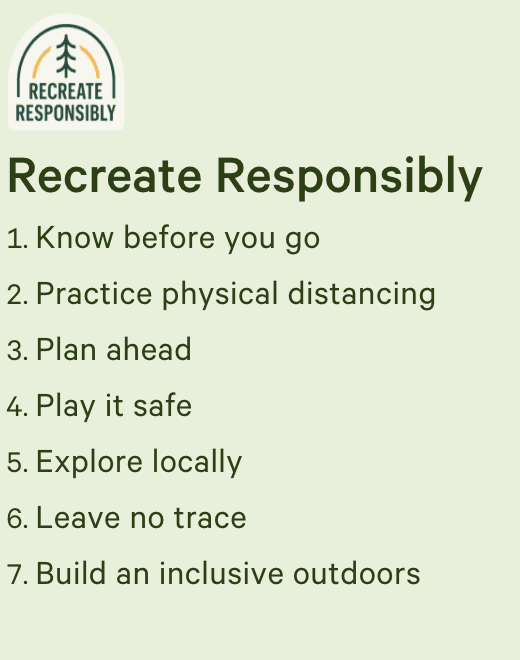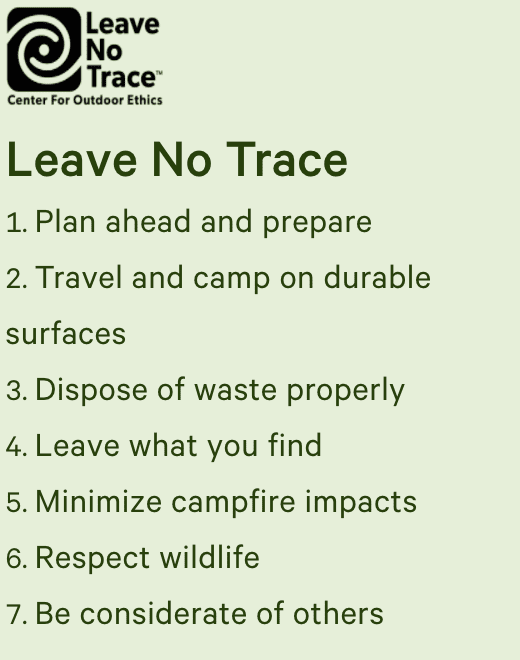Camping in Jurassic Coast
Fossil-dotted beaches, open bays, and crumbling cliffs make up the UNESCO-listed Jurassic Coast.
- Jurassic Coast
Popular camping styles for Jurassic Coast
Star Hosts in Jurassic Coast
Available this weekend
12 top campsites in Jurassic Coast
Under £50
Dog-friendly getaways


Camping in Jurassic Coast guide
Overview
Sweeping along 95 miles of plunging cliffs and honey-coloured beaches, from Exmouth in Devon to Studland Bay in Dorset, the soul-stirringly spectacular Jurassic Coast is England’s original natural World Heritage Site. Much of it falls within a string of Areas of Outstanding Natural Beauty (AONBs), which means the coast is a protected, unspoiled dream—a rare find on the south coast of England. This is great news for campers in two ways. Firstly, its beaches are, for the most part, backed by natural cliffs rather than rows of houses and hotels. And, secondly, the low-impact nature of camping means that sites are sometimes allowed where other accommodation is not. Some of the best campsites on the Jurassic Coast are those on the cliff tops—quite literally a stone’s throw from the beach. Camping will get you closest to the coast you’ve come to discover, whether you spend time cycling or hiking the South West Coast Path or diving into the Channel for some water sports. Plus, its geologically fascinating coastline is the best place for fossil hunting in the UK.
Where to go
East Dorset
Dorset, like neighbouring Devon and Cornwall beyond it, is a classic camping destination. With green countryside stretching all the way to the cliffs, it’s possible to wake up to sea views in one direction and countryside vistas in the other. In good weather, classic camping in spots like these is hard to beat. The majority of the Jurassic Coast sits in Dorset and is protected by the 436-square-mile Dorset AONB (one of England’s largest). This easternmost section, around Weymouth and Purbeck, is the most recently formed (a casual 65 to 140 million years old) and takes in headlining sights such as Durdle Door, Lulworth Cove, Old Harry Rocks, and the fairy-tale castles at Corfe and Lulworth. There’s wonderful snorkelling, swimming, dolphin-spotting, mountain biking, and coasteering, plus opportunities for hiking, cycling, and horse riding high above along the cliffs.
West Dorset
The astonishingly picturesque, 18-mile-long Chesil Beach is arguably the star of Dorset’s western Jurassic Coast, which extends from the rocky Isle of Portland to Lyme Regis near the Devon border. But there’s plenty more—from fossil-strewn footpaths to charming coastal towns and villages such as Charmouth and West Bay—and it’s all set against the grey limestone, Jurassic-era cliffs that define this patch of south-facing coast. The many coast-hugging camping spots in West Dorset are perfect for rounding off a busy day of cycling, swimming, walking, or water sports. Look out for basic, seasonal campsites near the coast, farm campsites with cuddly resident animals, and places where you can park up, hook up, and kick back with fantastic facilities.
Devon’s Jurassic Coast
A series of cascading, rust-toned cliffs dating back 250 million years, East Devon’s littoral is the oldest stretch of the Jurassic Coast. Overlooking sandy gold beaches and the English Channel, it’s part of the 103-square-mile East Devon AONB and runs from Exmouth to the Dorset border. With scattered campsites and caravanning spots (from unbelievably scenic cliff-top sites to secluded stays on country farms), it makes an ideal outdoor escape. Unmissable stops include Beer’s chalk cliffs and stone quarries, the Regency town of Sidmouth, and Ladram Bay. Coasteering, paddleboarding, kayaking, swimming, and boat trips are all part of the fun, not to mention thrilling hikes and cycles along the cliff-top paths.
Fossil hunting on the Jurassic Coast
If you’re going camping on the Jurassic Coast with the aim of finding fossils, you might want to head for a campsite near a fossil-hunting hot spot—Kimmeridge Bay, Lyme Regis, and Charmouth are all good hunting grounds. Just don’t hammer into the rocks—only pick up loose fossils you find. And if you’re not sure what you’re looking for, how about joining an expert from the Charmouth Heritage Coast Centre or the Lyme Regis Museum on an organised fossil-finding hunt? Both also feature fossil displays and lots of information on finds from the past.
The best beaches on the Jurassic Coast
Sandy beaches, rockpooling bays, secret and not-so secret coves—the Jurassic Coast is home to the lot. Whatever it is that entices you to this stunning stretch of coastline in Dorset and Devon, you’ll find a beach that meets your needs.
A special area of conservation, Kimmeridge Bay is a great place to rockpool and snorkel with a snorkel trail to follow in the summer months. Charmouth also has charm beyond fossil hunting—its east and west beaches (separated by a footbridge over the River Char) are mainly shingle with sandy expanses at low tide. The gentle slope of the beach and easy accessibility from the beachside car park mean it is a family-friendly place to splash about. Nearby Lyme Regis beach is the place to head to if you want a few more facilities. A small sandy beach sits sheltered by the town’s famous harbour arm, The Cobb, which is backed by cafes, ice cream kiosks, and places to buy buckets and spades.
Perhaps the most photographed and instantly-recognisable beach on the Jurassic Coast is Durdle Door. The background of countless selfies, this limestone arch, formed by erosion, stands just offshore of a shingle beach backed by cliffs. Descend to the beach for a closer view on a well-worn pathway and steep steps, or head to nearby Lulworth Cove to join a boat trip and see it from the water. Boat trip or not, the small-mouthed Lulworth Cove is another of the best beaches along this stretch of coast with a natural harbour. Its pebbly beach is perfect to swim from. For sand, if you’re not near Lyme Regis, which is slap bang in the middle of the Jurassic coast, you might want to look to either end of it. The well-known towns of Swanage, at the Dorset east end, and Exmouth, in Devon, have both been attracting holidaymakers since Victorian times.
Rainy day activities on the Jurassic Coast
If you’re forced into a day off the beach, there are plenty of attractions to visit on the Jurassic Coast. Try the Lyme Regis Museum, visit the Charmouth Heritage Centre, or if you want to find out about the coastline’s heritage, check out the West Bay Discovery Centre (which sits in the town where the TV series Broadchurch was filmed). Away from the shoreline, there’s Corfe Castle and the steam trains of the Swanage Railway that puffs past it. Further inland and also owned by the National Trust, but on an altogether different scale, is Thomas Hardy’s Cottage. This is the site where the writer was born amid the scenery he immortalised in books like Far From the Madding Crowd and Under the Greenwood Tree. For something completely different, kids love Monkey World, while adults might like to sample the fine produce or even a cookery course at Hugh Fearnley-Whittingstall’s River Cottage.



